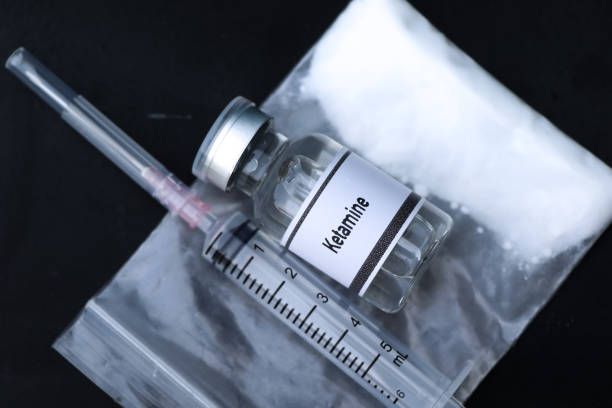Federal prosecutors in Philadelphia said on Wednesday that they had indicted five people, including two research scientists, on charges of stealing trade secrets about drugs to treat cancer and other diseases from GlaxoSmithKline, the British drug giant, according to today’s New York Times
According to prosecutors, the two scientists, Yu Xue and Lucy Xi, worked at Glaxo’s research facility in Upper Merion, Pa., and emailed and downloaded confidential data about a dozen or more company products to associates who planned to sell and market the trade secrets through a company they set up in China, called Renopharma.
Some of the documents involved a monoclonal antibody, a type of cancer treatment, that the company was developing. The indictment, unsealed on Wednesday, describes Ms. Xue, 45, as “one of the top protein biochemists in the world,” who was the co-leader of the company’s project to develop the drug.
Federal prosecutors with the Eastern District of Pennsylvania said that to conceal their crime, Ms. Xue and two other associates, Tao Li and Yan Mei, agreed to put the proceeds in the name of Ms. Xue’s twin sister, Tian Xue, who was also charged. Ms. Xi worked with Ms. Xue at Glaxo and was married to Mr. Mei, prosecutors said.
Lawyers for the defendants declined to comment. Peter Zeidenberg, who represents Yu Xue, said his client had pleaded not guilty to the charges “and we will be contesting them vigorously in court.”
Yu Xue was fired earlier this month, a company spokeswoman said. And Ms. Xi left the company last November.
The indictment quotes emails among some of the people charged in the indictment, and accuses them of plotting to seek investors in China to market their own products from stolen research. Prosecutors said the defendants boasted that their company, based in Nanjing, had received some financial support and free laboratory space from the government and that its ultimate goal was to develop its own antibody drugs.
Many of the documents involved a monoclonal antibody that was designed to link to receptors, known as HER3 receptors, on human cells that are plentiful in certain types of cancer cells. The product under development would bind with those receptors and potentially eliminate or slow down the cancer.
Prosecutors said in the indictment that the documents contained valuable information that could help researchers discover which antibodies would successfully “bind” to the target cells, as well as help with a process known as “humanization,” in which an antibody is transformed so that it works well in humans after being successfully tested on animals.
Finally, the manufacturing process itself is difficult because the antibodies must be harvested, purified and then be able to be safely injected into the body. Much of this information, prosecutors said, “would be especially useful for a start-up biopharmaceutical company.”
There appeared to be a power struggle among the defendants as they tried to sort out control of the new company. Tao Li, one of the owners of Renopharma, was accused of raising money for the company from sources including private investors and government agencies and universities, according to the indictment. Mr. Mei, the husband of Ms. Xi, worked in China to market and sell the information, prosecutors said.
At one point, Ms. Xi exchanged messages with Mr. Mei, complaining that Ms. Xue had been “annoying” her, but Mr. Mei warned his wife not to lose her temper. She replied, “I won’t … she is the queen,” according to the indictment.
Another time, after Tao Li emailed Mr. Mei news about a researcher in Wisconsin who was charged with stealing details of a cancer-fighting drug, Mr. Mei replied, “This sounds scary.” Another case, involving scientists at Eli Lilly who were accused of stealing trade secrets, prompted Glaxo to set up a meeting with employees, according to the indictment. And it prompted Ms. Xue to warn her colleagues not to ship out more Glaxo documents.
In a statement on Wednesday, Glaxo said it had been cooperating with federal authorities and “we do not believe the breach has had any material impact” on the company’s business or research and development activity. A spokeswoman said the company has one such antibody in early stages of development.
Justin K. Beyer, a partner at Seyfarth Shaw who focuses on trade secrets, said scientists often possessed valuable information about a drug company’s business. “There is a lot of information that a company would want to protect that someone in a scientist role or a business role may have access to,” he said. “It could give them a jump-start in the marketplace.”
However, he added: “These cases tend to rise and fall on what was being done to protect the information and does the information truly represent a trade secret.”




Leave A Comment